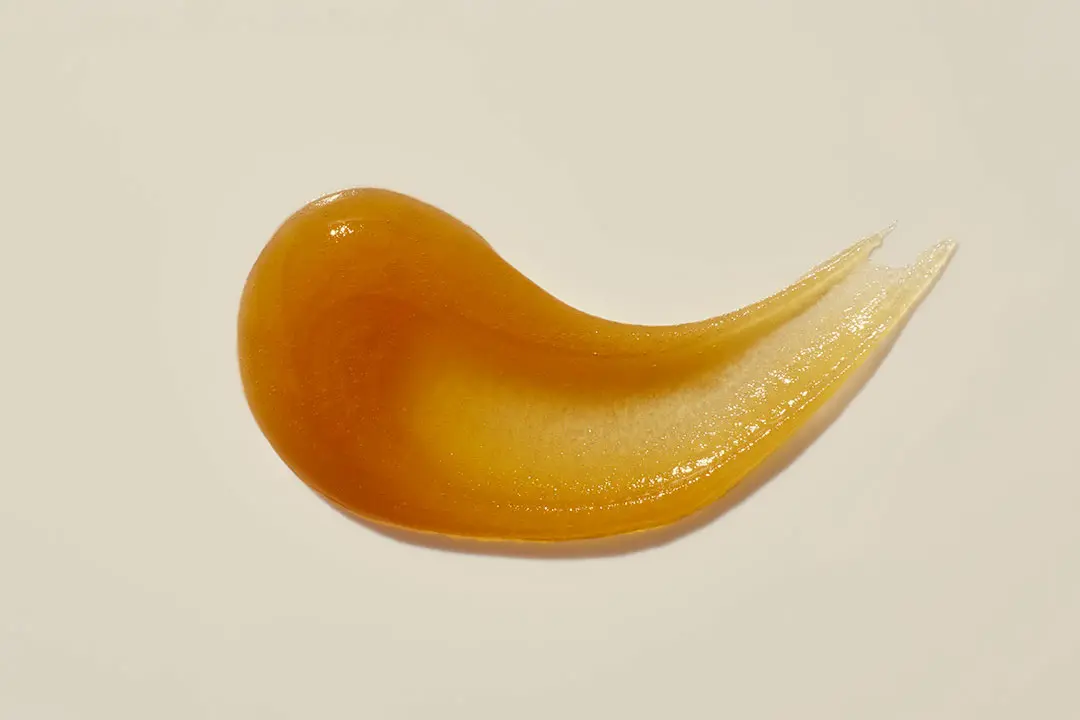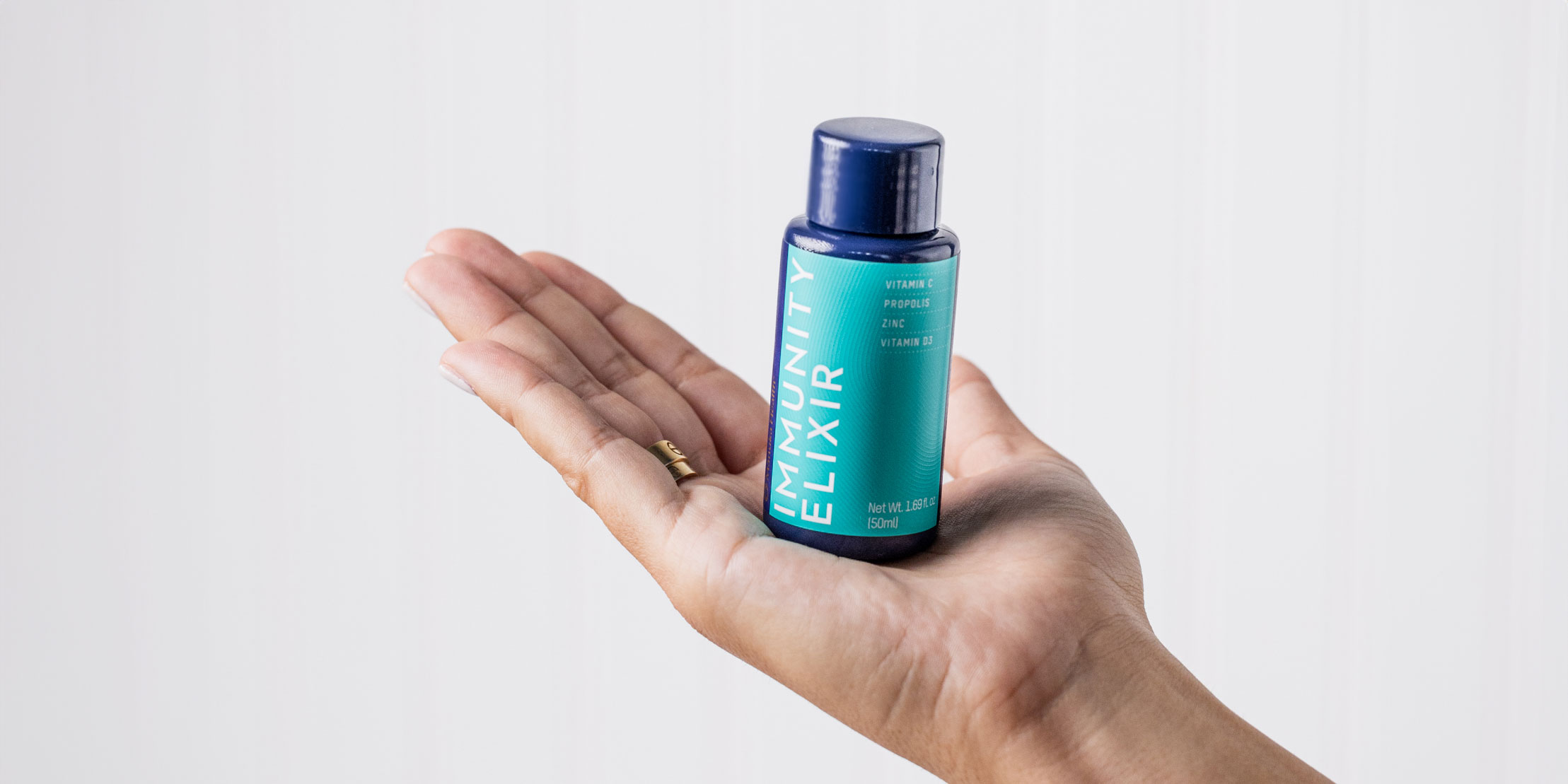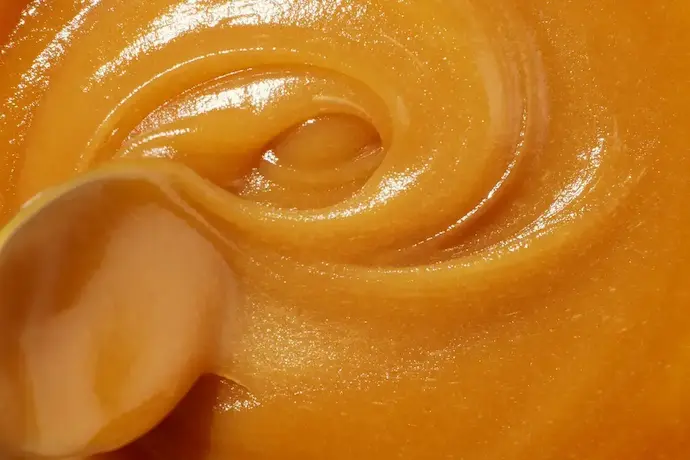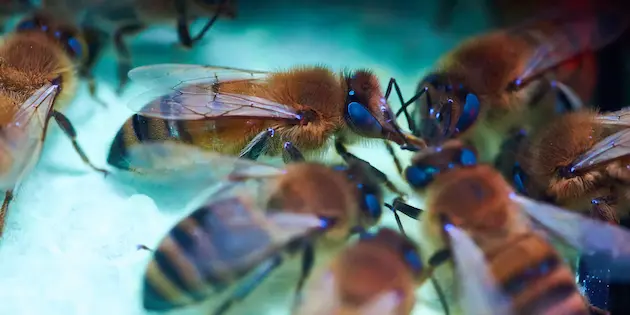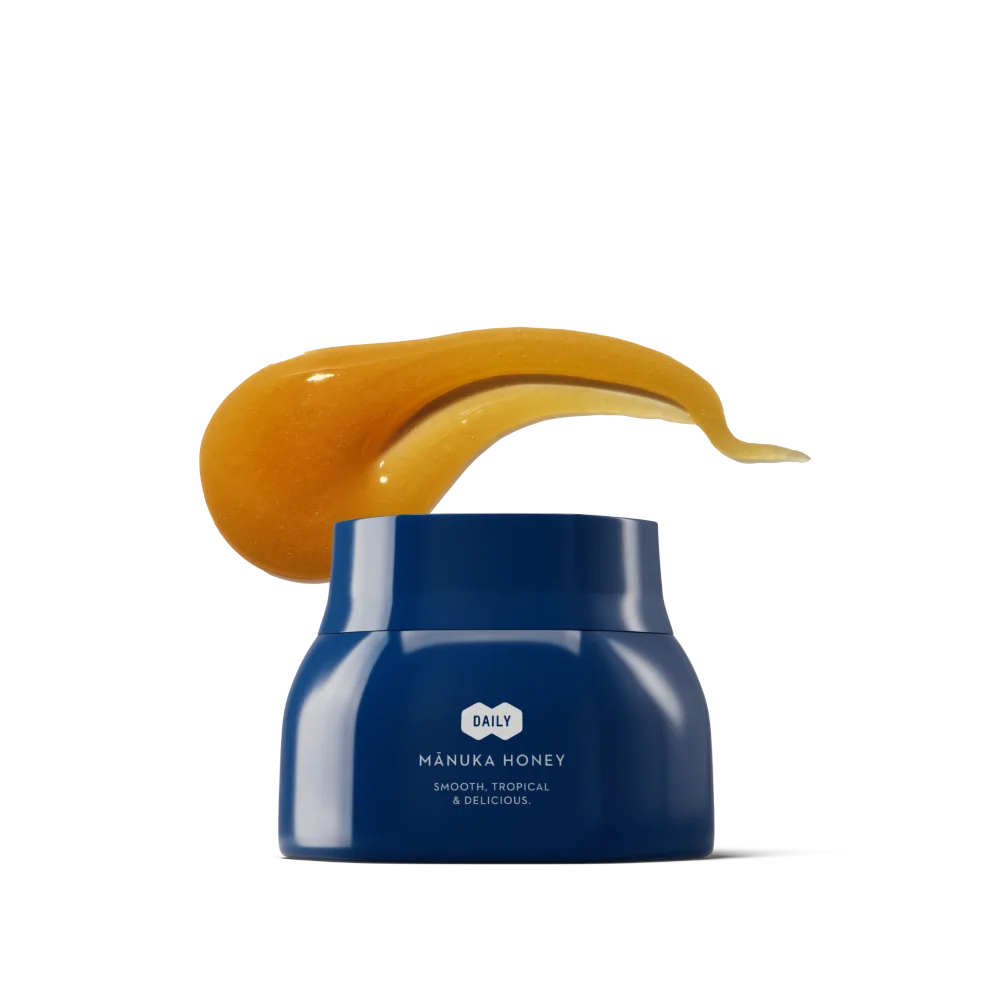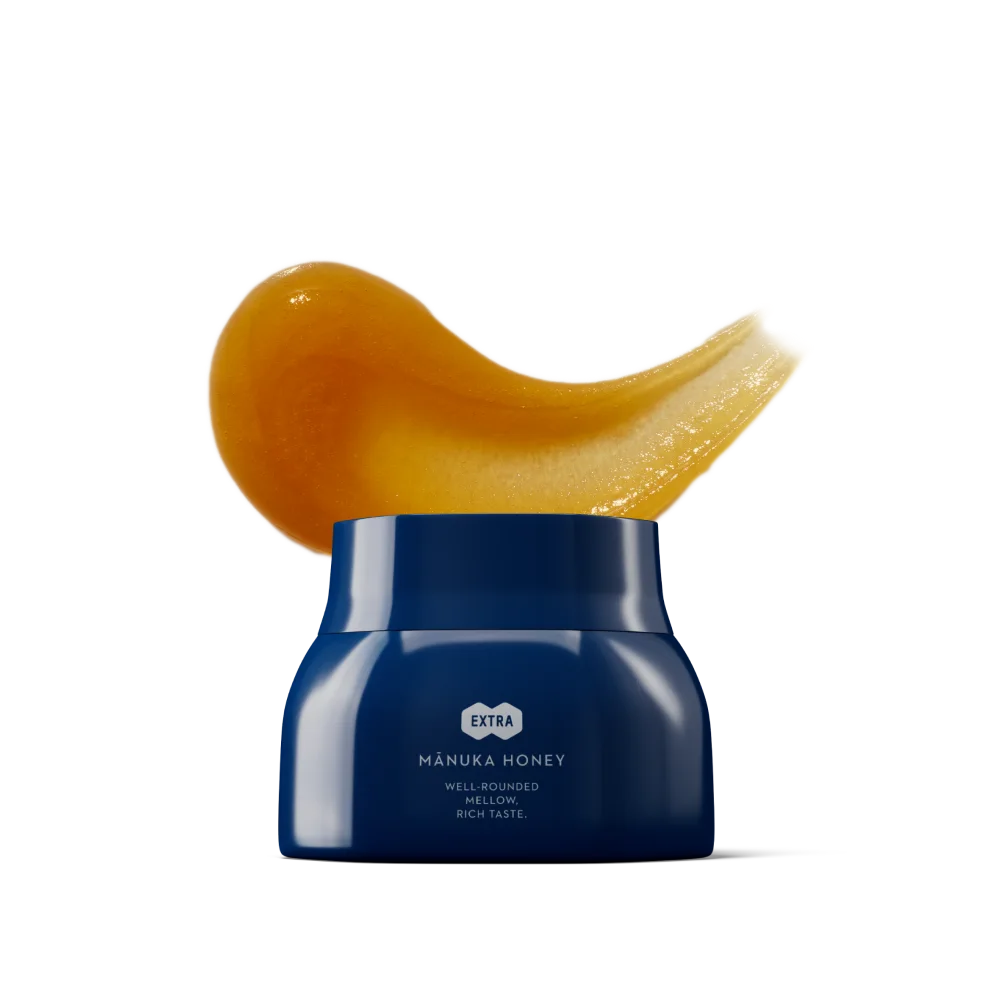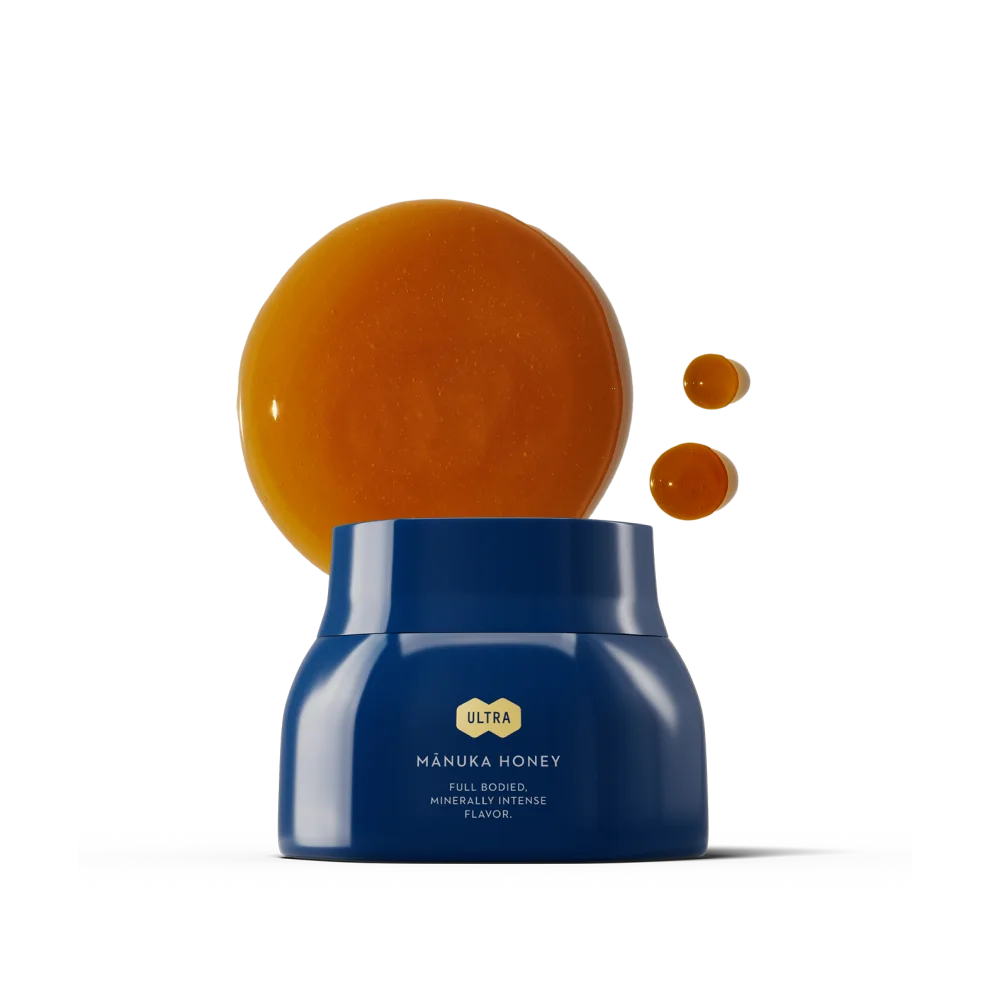CHOOSE YOUR LOCATION
Please select which country you are shopping in.

- Shop
- Immune Support
Extra Immunity Support
Immunity Elixir ShotsPropolis Throat SprayDaily Defense
Propolis 1-A-Day Capsules Mānuka Honey
- Learn
- Contact Us
Contact Us
Contact UsAffiliate Program
- Start Your Wellness Quiz
Mānuka Honey: A Potential Nutraceutical in Breast Cancer Treatments?
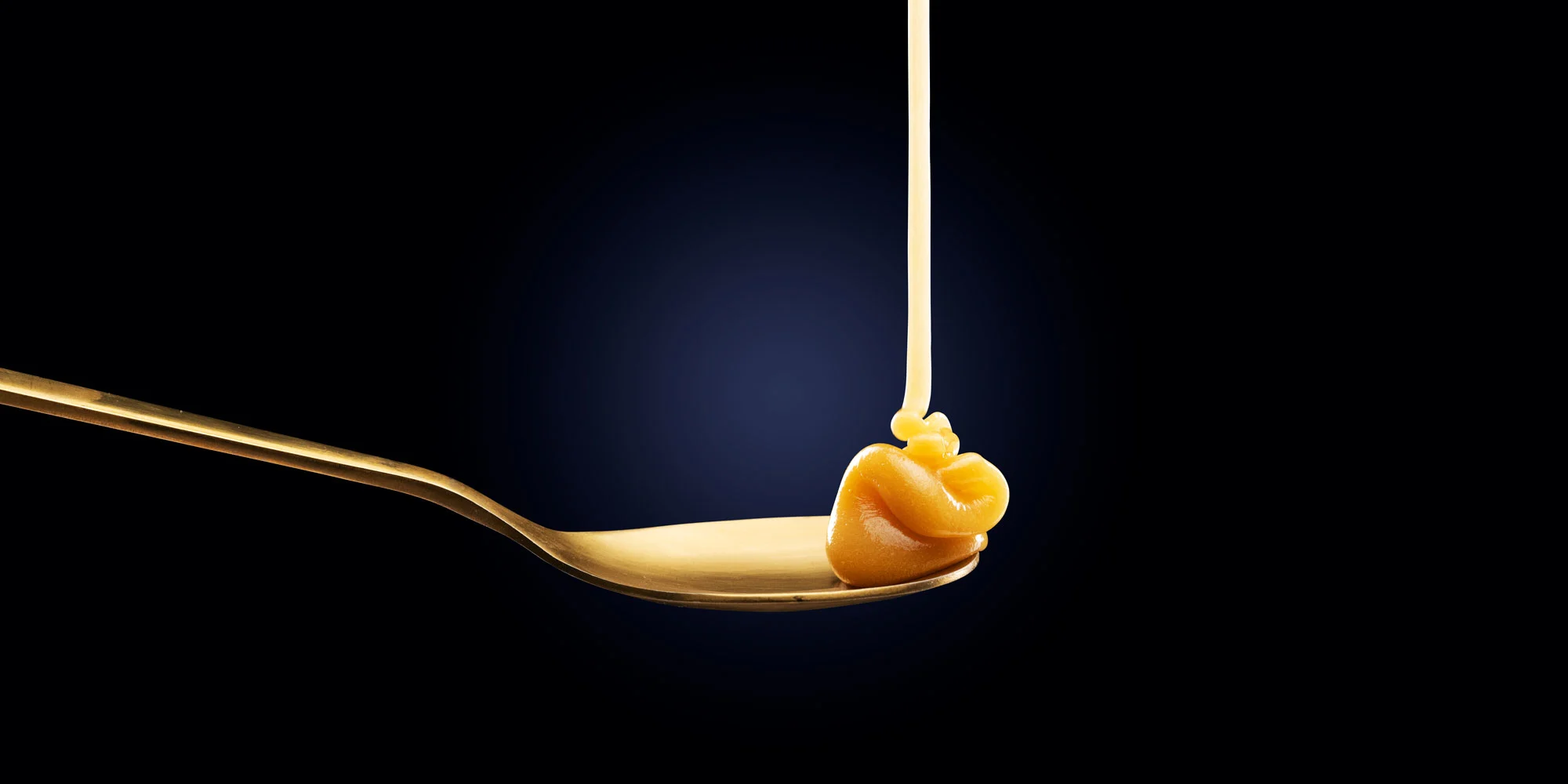
Exploring UCLA's Research on Mānuka Honey
DISCLAIMER: This article is based on the UCLA 2014 pre-clinical trial referred to below that tested the effects of manuka honey on estrogen receptor-positive breast cancer cells. This study has not been evaluated by the FDA or other authorities. Mānuka honey is not intended to diagnose, treat, cure, or prevent any disease. This article should not in any way be taken as medical or health advice. Always consult with your medical practitioner for diagnosis or treatment of health issues.
As we recognize Breast Cancer Awareness Month, recent preliminary research from the UCLA Health Jonsson Comprehensive Cancer Center has revealed exciting possibilities for mānuka honey in the fight against breast cancer [1-2]. Particularly relevant for estrogen receptor (ER)-positive breast cancer, which constitutes 70-80% of all breast cancer cases, this preliminary study suggests that mānuka honey could offer a complementary approach to existing therapies.
There is a critical need for alternative treatments to combat endocrine resistance—a major challenge in breast cancer care that contributes to high mortality rates among women worldwide. Given this need for alternative treatments, these findings highlight the potential of mānuka honey as a beneficial nutraceutical in cancer prevention and management. More research is needed to confirm the findings, but these findings offer an exciting gateway to future possibilities.

Promising Preclinical Findings
To read more about the findings from the preclinical experiments, read UCLA’s article here: Preliminary study shows potential of Manuka honey as a nutraceutical for breast cancer | UCLA Health, or the full published study here: Manuka Honey Inhibits Human Breast Cancer Progression in Preclinical Models (mdpi.com). UCLA’s findings echo previous literature discussing the potential anticancer properties of honey, including studies dating back to 2013 that have examined similar mechanisms in mice models [3-4].
Dr. Diana Marquez-Garban, the study’s first author and associate professor of medicine at UCLA, noted, “These findings provide hope for the development of a natural, less toxic alternative to traditional chemotherapy. Although more research is necessary to fully understand the benefits of natural compounds in cancer therapy, this study establishes a strong foundation for further exploration in this area.”
The study is published in the journal Nutrients and was part-funded by Mānuka Health, who has partnered with UCLA since 2014.
As research continues to unfold, mānuka honey stands out as a potential beacon of hope for developing more effective, less toxic treatments for breast cancer, providing new avenues for patients seeking alternative therapies. However, as this field of study is still in its early stages, further research and clinical trials are needed before the findings can be proven. In the meantime, discussions around this research will continue, particularly regarding the pathway to establishing approved health claims and the long-term implications of these findings in clinical settings.
Shop our Premium Mānuka Honey Collection
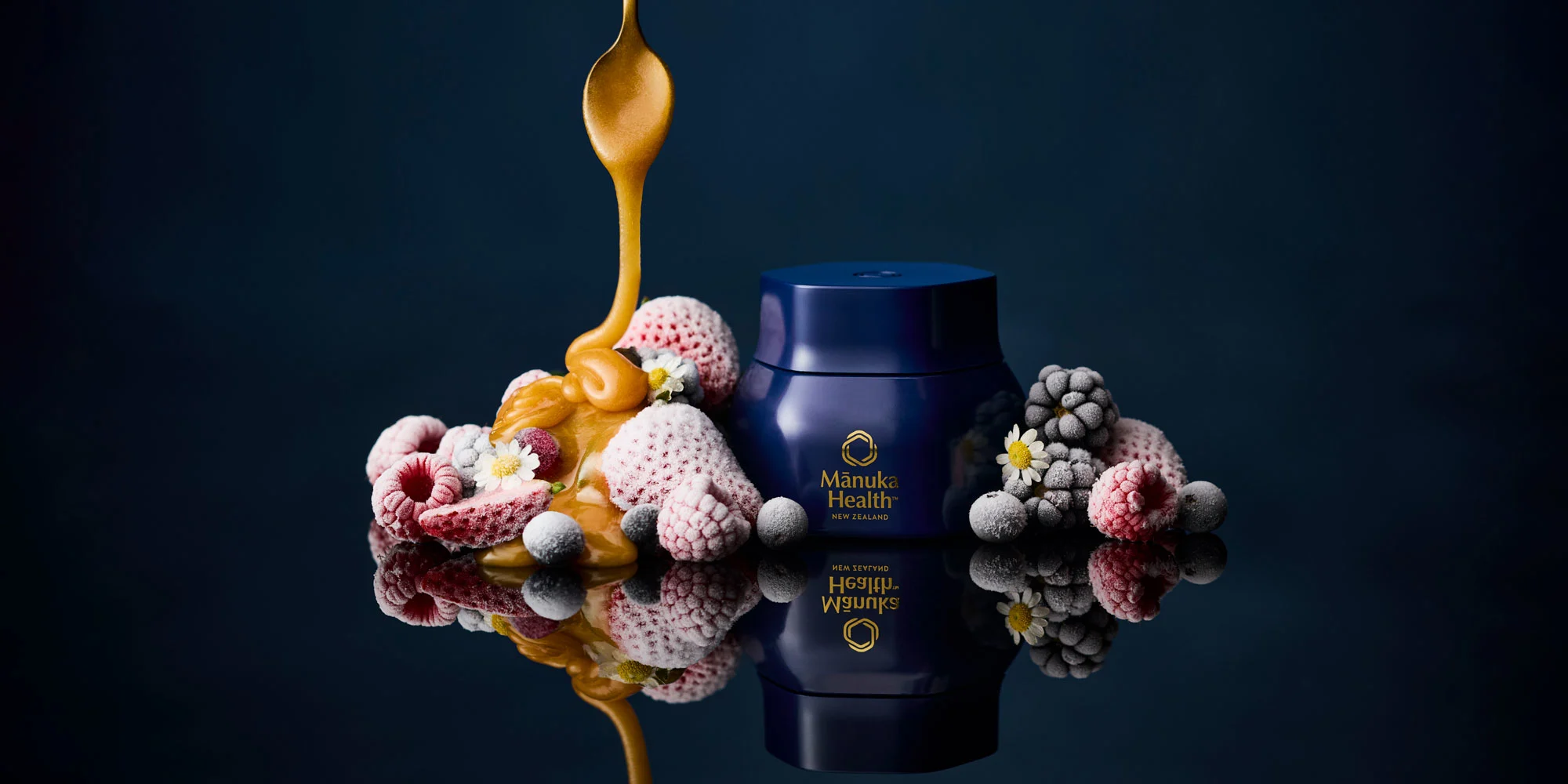
References
Breast Cancer Research Foundation. Breast Cancer Awareness Month.
Marquez-Garban, D., Pietras, R. J., Yanes, C., Llarena, G., Elashoff, D., Hamilton, N., Hardy, M., Wadehra, M., & McCloskey, S. (2024). Manuka Honey Inhibits Human Breast Cancer Progression in Preclinical Models. Nutrients.
Simona Martinotti, Giorgia Pellavio, Mauro Patrone, Umberto Laforenza , and Elia Ranzato. (2020). Manuka Honey Induces Apoptosis of Epithelial Cancer Cells through Aquaporin-3 and Calcium Signaling. Nutrients.
Maria J Fernandez-Cabezudo 1, Rkia El-Kharrag, Fawaz Torab, Ghada Bashir, Junu A George, Hakam El-Taji, Basel K al-Ramadi (2013). Intravenous administration of manuka honey inhibits tumor growth and improves host survival when used in combination with chemotherapy in a melanoma mouse model. National Library of Medicine.
